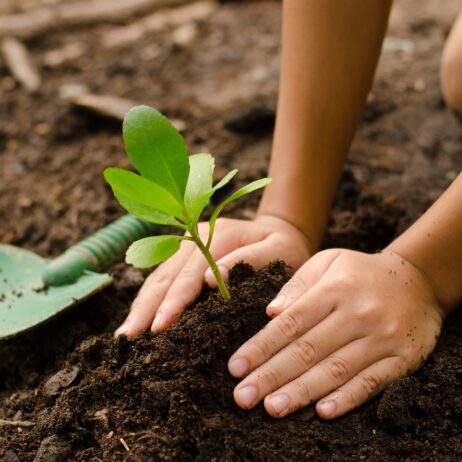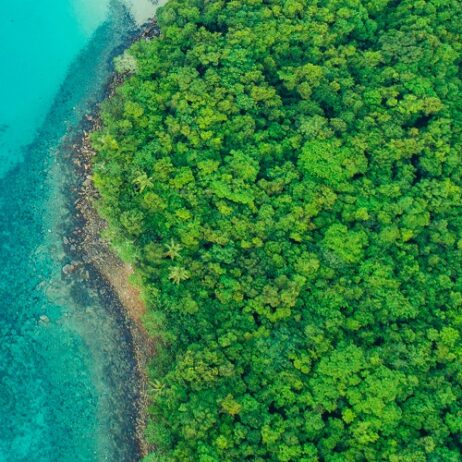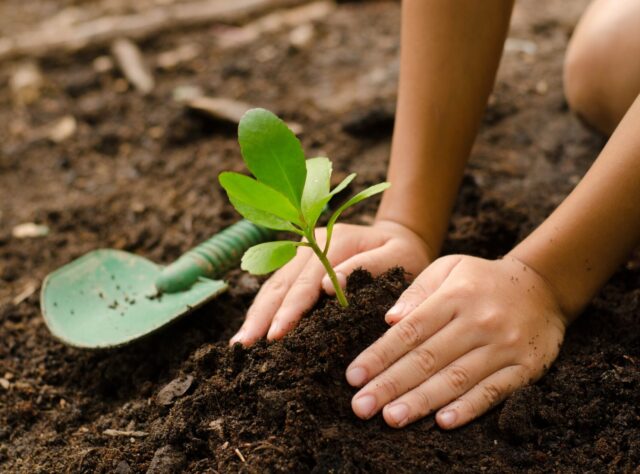
In 2025, World Land Trust (WLT) is partnering with Reforest Africa to deliver tree planting and ecological restoration in Tanzania. Credit: Singkham/Shutterstock.com
Restoring connectivity in the Udzungwa-Kilombero landscape
We are delighted to announce a new Plant a Tree project for 2025. Our Plant a Tree programme is now supporting ecological restoration within the Greater Udzungwa-Kilombero landscape in northern Tanzania. This landscape – home to the Endangered African Elephant (Loxodonta africana) and endemic Kilombero Reed Frog (Hyperolius viridiflavus reesi) – is rapidly disappearing as land is cleared for agricultural expansion. This has created a highly fragmented landscape, disrupting the movement and dispersal of wildlife.
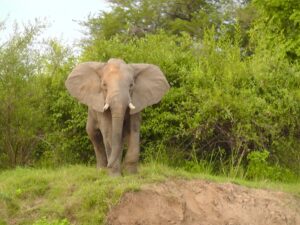
Located in northern Tanzania, the Greater Udzungwa-Kilombero landscape is home to some of Africa’s most iconic and threatened wildlife, including the Endangered African Elephant (Africana loxodonta). Credit: John Burton/WLT
But funds from WLT’s Plant a Tree programme will now enable Reforest Africa to enhance connectivity in this landscape, planting 100,000 native trees to restore 100 hectares (247 acres) of degraded land in the Magombera Nature Forest Reserve. This project will also help Reforest Africa to set up a tree nursery and restoration training hub in Kilolo, supporting the planting of a further 50,000 native trees across 50 hectares (124 acres) of land.
Together, these activities will reconnect isolated forest fragments in the Kilombero and Kilolo districts, thus providing a critical habitat corridor for wildlife dispersal. In addition, Reforest Africa will work in collaboration with the Tanzania Forest Service to manage this reserve, employing community rangers and supporting both community and government rangers with field equipment.
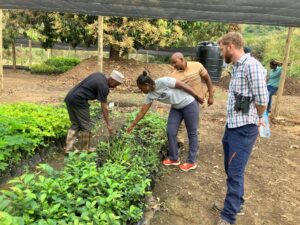
The nursery where the young saplings are raised prior to planting out in the restoration areas. Credit: Mercy Kariuki/WLT
This project will deliver real and tangible results on the ground, bringing thriving forests back to life and restoring critical habitat corridors. If you would like to find out more about our Plant a Tree programme and how you can help these efforts, please click here.
